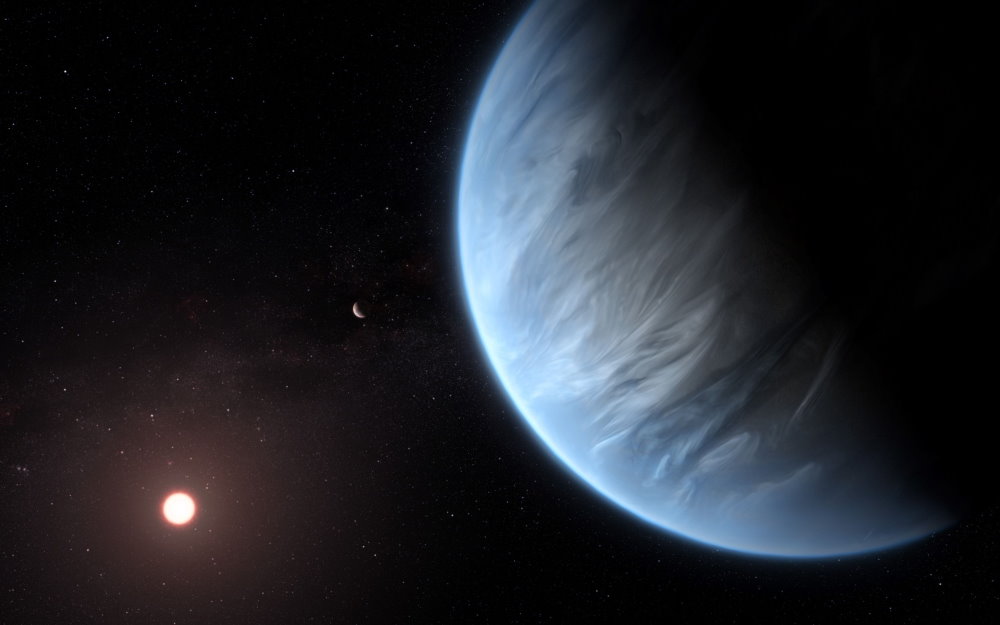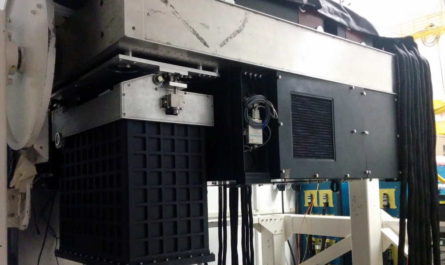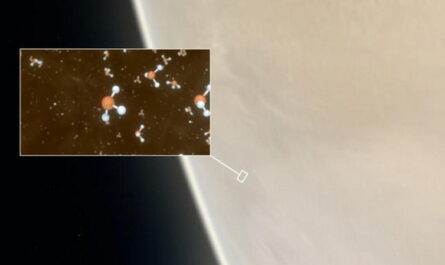The likelihood of finding life outside our solar system has moved a step closer with the discovery of an exoplanet that has both water and the temperatures needed to support life.
The planet – called K2-18b – is currently the only known planet found that has these conditions.
It is now hoped that new telescopes due to come online in the next ten years will be able to probe the gases around the exoplanet to look for signatures of life.
Scientists at University College London (UCL) who led the discovery have described the development as “mind blowing”.
Professor Giovanna Tinetti, the lead scientist, said: “This is the first time we have detected water on a planet in the habitable zone around a star where the temperature is potentially compatible with the presence of life.”
The rocky planet sits 110 light years away in the constellation of Leo and orbits the star K2-18. To put these distances in perspective, that’s around 646,648,791,050,197 miles (1,040,680,351,983,884 km) away.
‘It’s Not Going To Be ET Phoning Home’
But you might want to hold fire on making that welcome sign for the time being.
Dr Beth Biller, from Edinburgh University’s Institute of Astronomy, told the BBC: “It’s not going to be ET phoning home – more likely microbes or some other simple life.”
The habitable zone means the planet sits at a distance from its sun that allows water to exist on its surface in liquid form.
Dr Angelos Tsiaras (UCL Centre for Space Exochemistry Data (CSED)), said: “Finding water in a potentially habitable world other than Earth is incredibly exciting.
“K2-18b is not ‘Earth 2.0’ as it is significantly heavier and has a different atmospheric composition. However, it brings us closer to answering the fundamental question: Is the Earth unique?”
K2-18b is described as a ‘super-earth’ – one with a mass somewhere between Earth and Neptune.
The James Webb Space Telescope and the ARIEL mission will be able to probe K2-18b and other atmospheres in greater detail when they’re operational.




